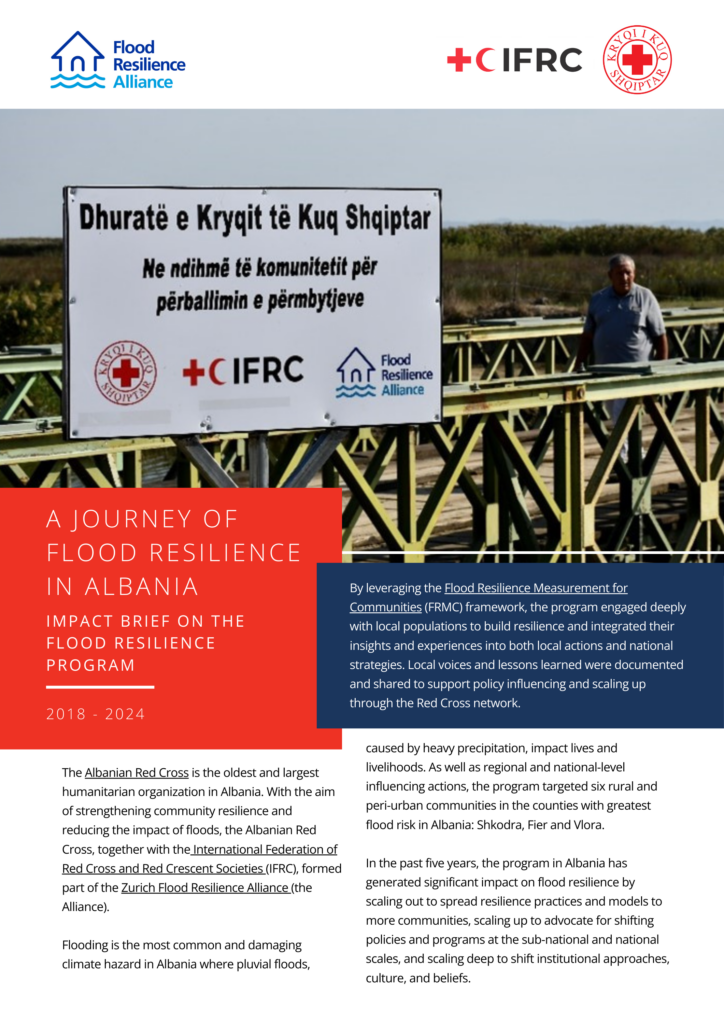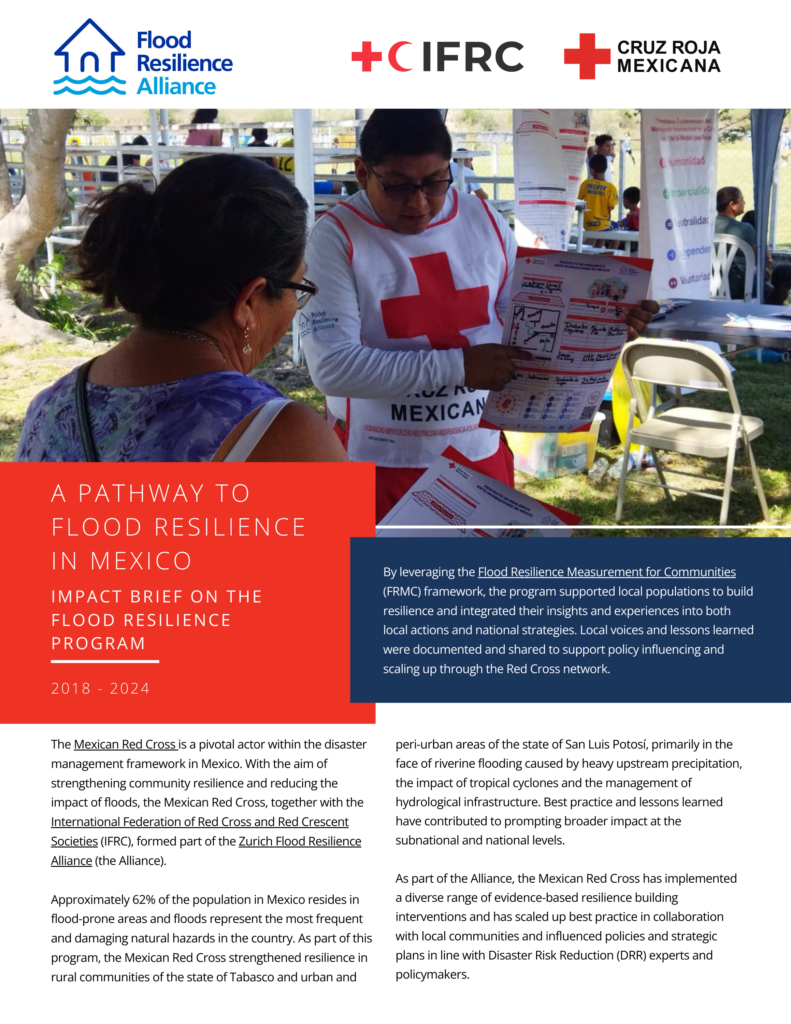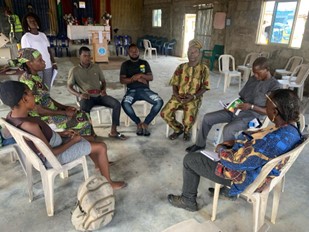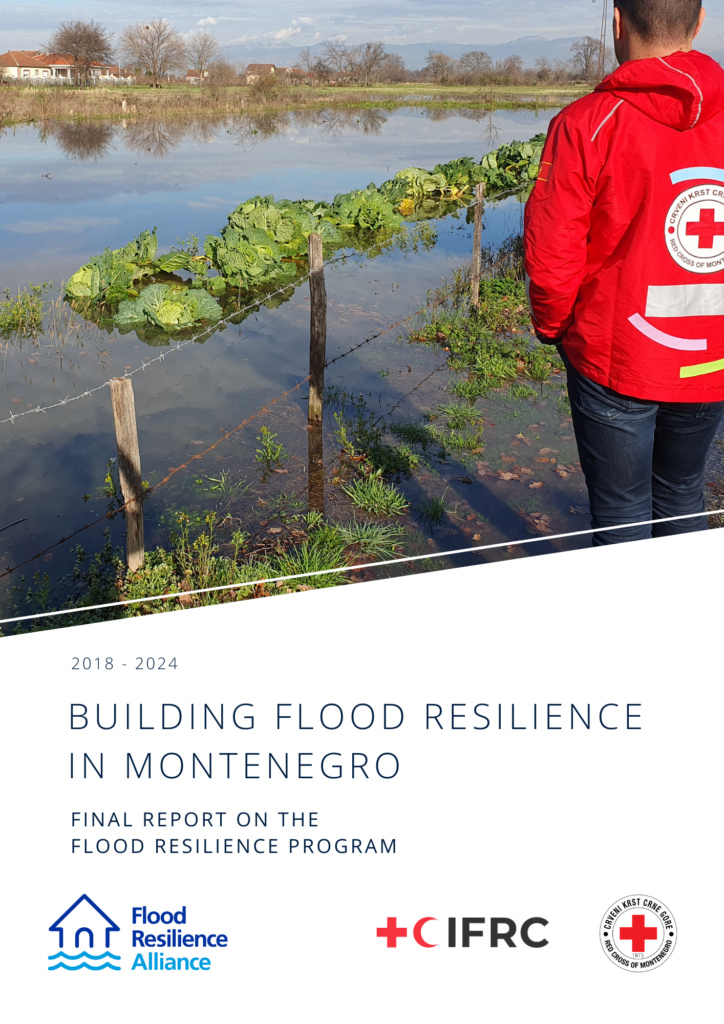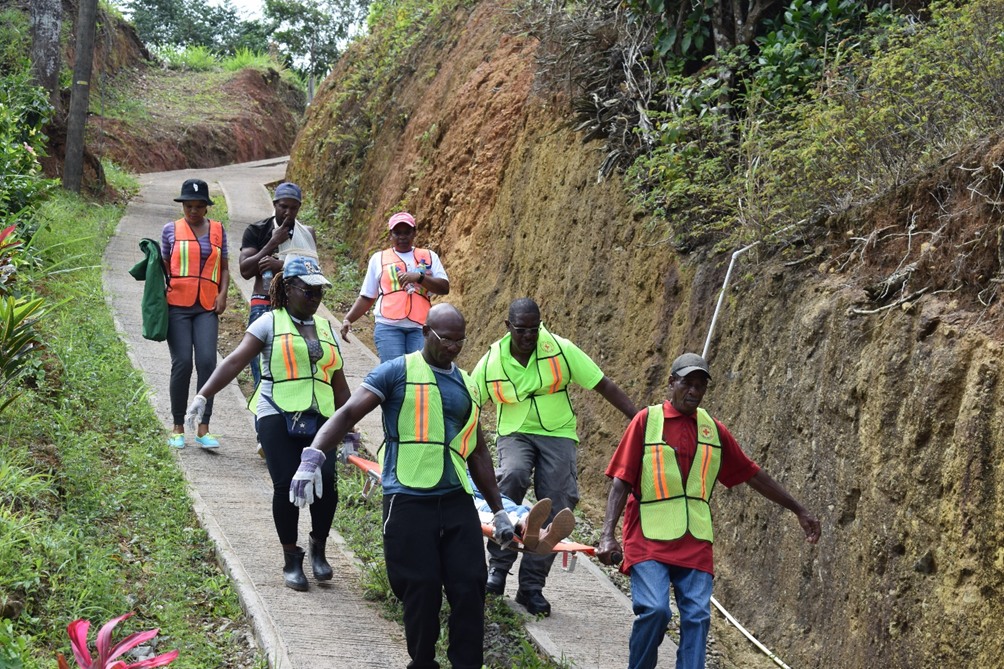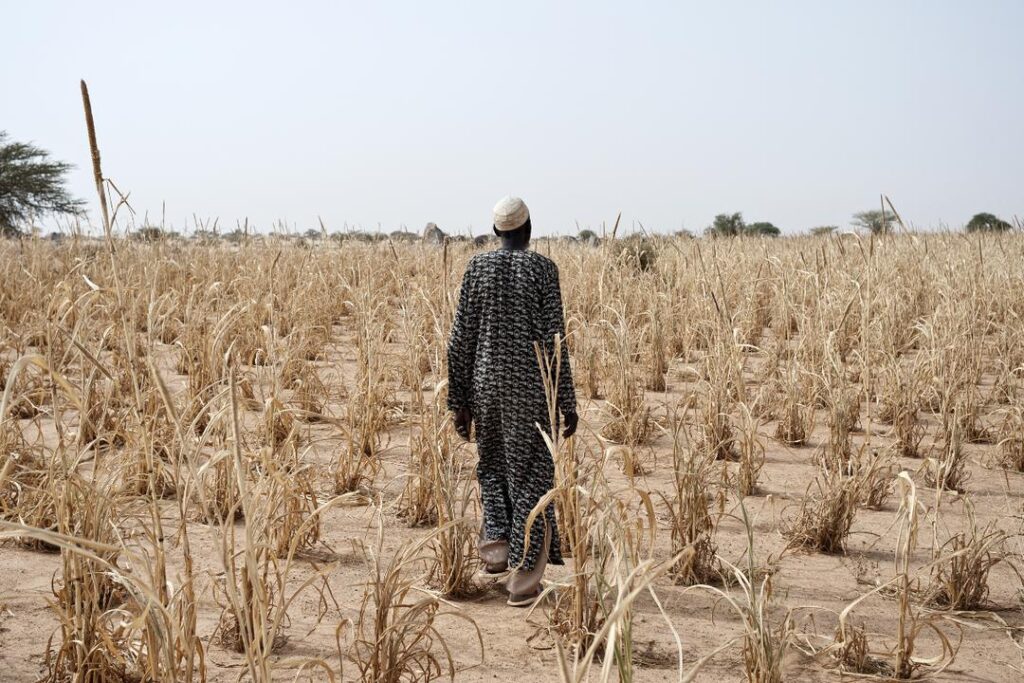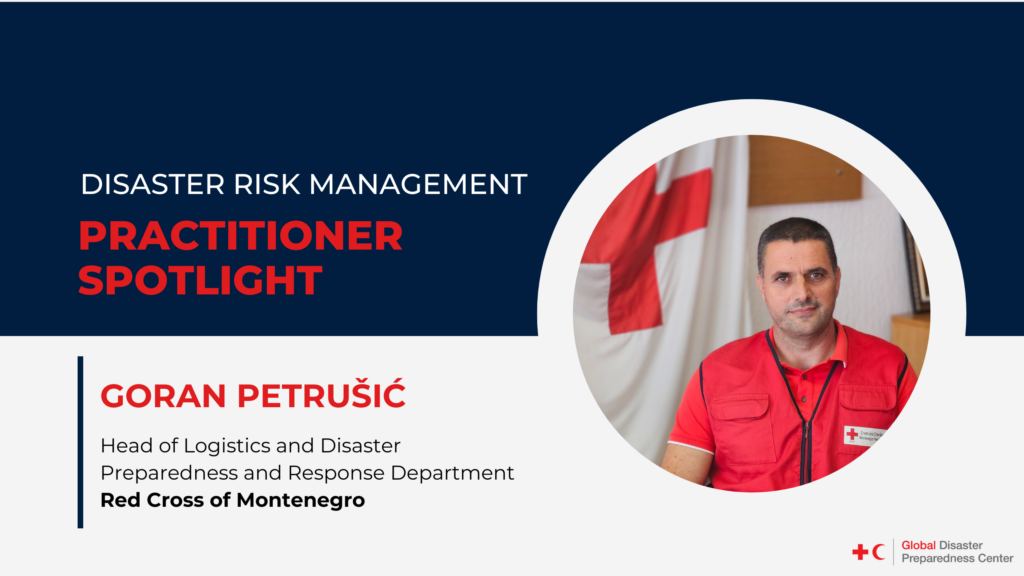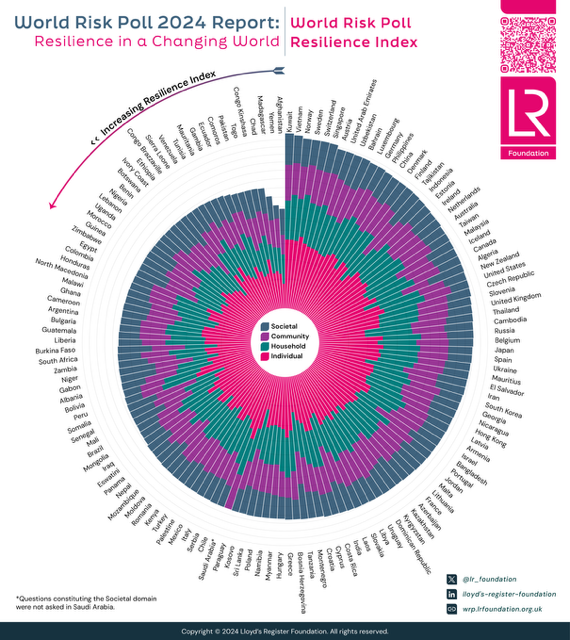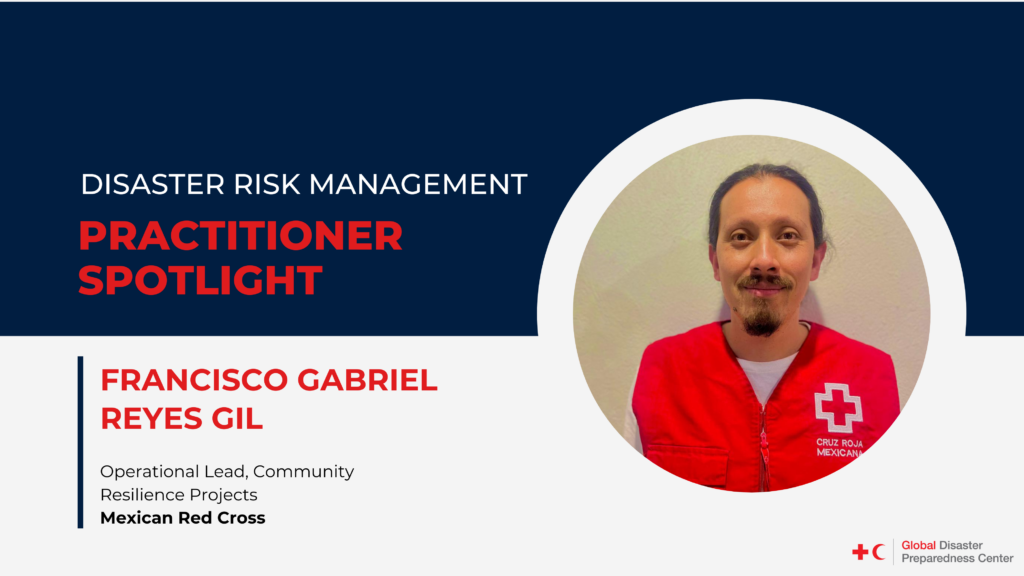Flood Resilience in Albania: Impact brief
With the aim of strengthening community resilience and reducing the impact of floods, the Albanian Red Cross, together with the International Federation of Red Cross and Red Crescent Societies (IFRC), formed part of the Zurich Flood Resilience Alliance. ZFRA_Impact brief_Albania_ENG-digital ZFRA_Impact brief_Albania_ALB-digital This impact brief summarises the program activities, including 3 fundamental pillars of change, institutional learning […]
Flood Resilience in Albania: Impact brief Read More »

